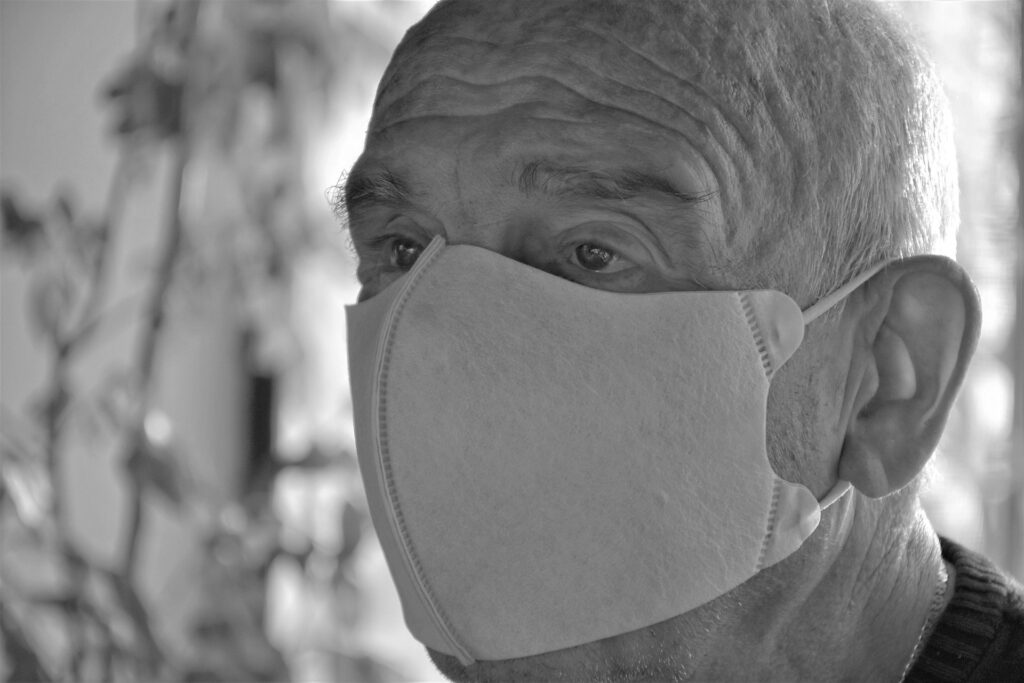India, like the rest of the world, is grappling with the ongoing impacts of the Covid-19. Although people of any age can be infected with Covid-19, elderly patients face a higher risk of severity and death than younger patients.
Based on the various studies and research, older people and people with already existing medical conditions such as asthma, diabetes, or heart disease are at higher risk of becoming severely ill with this virus.
New research, comparing the immune response among age groups, may help explain why elderly patients face a higher risk of severity and death than younger patients in cases of Covid-19.
Older patients with the disease have lower frequencies of the immune cells needed to expel the virus from the body, the researchers found. The study was published this week in mBio, an open-access journal of the American Society for Microbiology.
“Elderly people have more sevre diseases compared to young people, and we found that the cytotoxic part of immune control is not as efficient to respond to the virus in older people,” said virologist Gennadiy Zelinskyy, Ph.D., at the University Hospital Essen, in Germany, who also led the study.
He and his colleagues analyzed blood samples from 30 people with mild cases of Covid-19 to observe how T cells, which are necessary for recognition and elimination of infected cells, respond during SARS-CoV-2 infection. Patient ages ranged from the mid-20s to the late 90s.
YOU MAY LIKE TO READ: Elderly Should Exercise Regularly, Take Balanced Diet: Dr Yash Gulati
In all patients, the investigators found that acute SARS-CoV-2 infections led to lower numbers of T cells in the blood of the patients, compared to healthy individuals.
This reduction has been one of many unwelcome surprises from Covid-19, said Zelinskyy.
Most viruses, once inside the body, trigger an uptick in the immune system’s expansion of T cells. These include “killer” T cells, which play a critical role in eradicating virus-infected cells.
They produce cytotoxic molecules that destroy infected cells in the body. But if a person’s immune system produces fewer of these T cells, it will be less successful at fighting off a viral infection, said Zelinskyy.
In the Covid-19 patient group, studied by Zelinskyy and his colleagues, the researchers also found that the number of CD8+ T cells producing cytotoxic molecules in response to virus diminished with increased age. This reduction was significantly higher in patients over 80.
Moreover, the “killer” T cells from patients aged 80-96 produced cytotoxic molecules at a lower frequency than similar cells from younger patients. The SARS-CoV-2 virus attaches to cells in the nose or mouth. From there, it may spread to the lungs and move on to other organs, triggering a life-threatening infection. “Cytotoxic T cells really fight for control during this acute phase of infection,” Zelinskyy said.
YOU MAY LIKE TO READ: Tips On Physical Activity Promotion And Exercise Recommendations During COVID-19 For Elderly Population
Elderly patient’s immune system produces fewer killer T cells, and these cells are inadequately armed, he said. They may be mounting an insufficient defense against SARS-CoV-2. The viral particles can continue to spread and, as a result, the infection worsens.
The new data suggest that cytotoxic T cells play a key role in the control of early infections, but Zelinskyy cautioned that it’s too soon to know if that connection can be harnessed to design effective immunotherapy that uses these cells.

